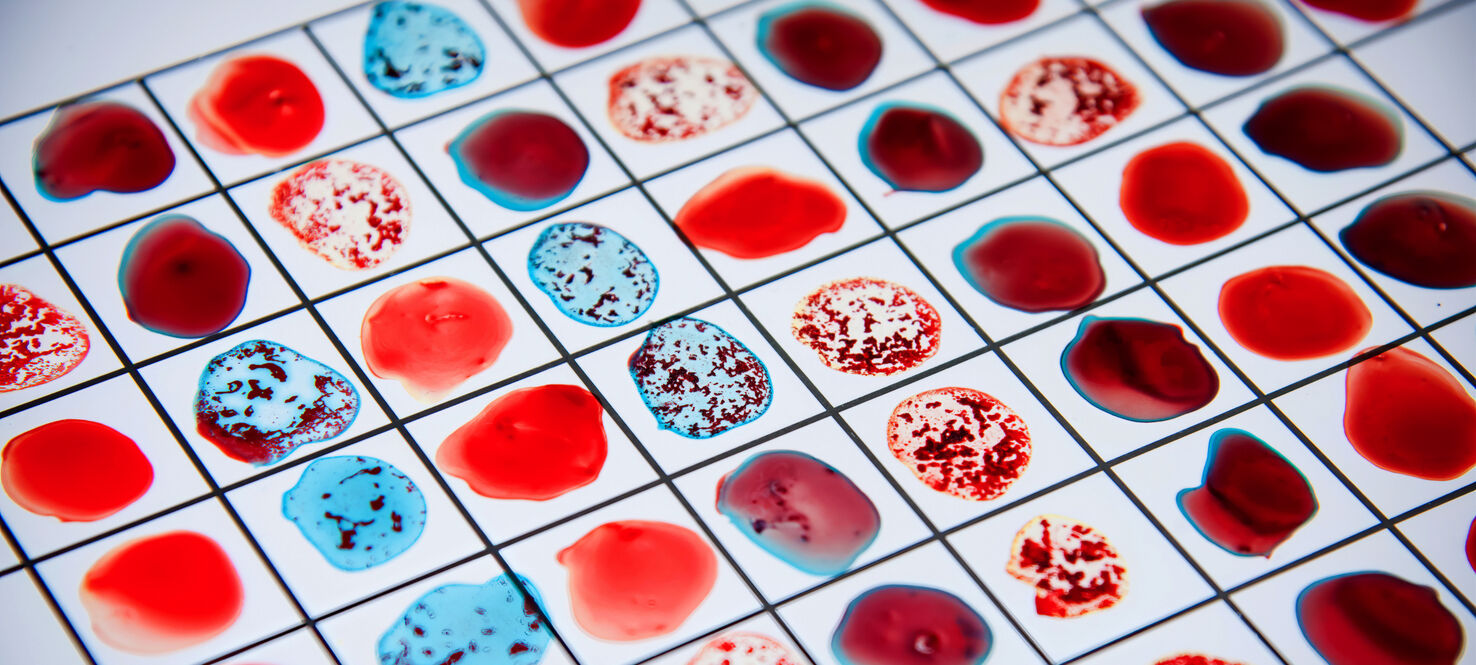This is How Your Blood Type is Determined
Blood type is a fundamental aspect of human biology, yet many people may not fully understand how it’s determined or the role it plays in our health. Whether it's influencing medical procedures like blood transfusions and organ transplants or affecting your general well-being, blood type is more than just a letter on your medical chart. But how exactly is your blood type determined?
According to the Red Cross, blood type is classified based on the presence or absence of certain antigens on the surface of red blood cells. The most well-known blood typing system is the ABO system, which categorizes blood into four types: A, B, AB and O. Additionally, Rh factor, a protein found on the surface of red blood cells, determines whether your blood type is positive or negative. For instance, if your blood has the A antigen and a positive Rh factor, your blood type is A-positive.
Your blood type is inherited from your parents, like other genetic traits such as eye color or hair type.

“Specifically, your blood type is determined by the ABO gene, which is located on chromosome 9. Each parent contributes one allele to their child. The combination of these alleles determines your blood type,” said Mandy O’Leary, MD, a blood bank and transfusion medicine specialist in the Pathology Department at Moffitt Cancer Center. “The Rh factor, determined by a different gene on chromosome 1, is inherited in a similar manner. The positive Rh factor (Rh+) is dominant, meaning that if you inherit one Rh+ allele, you will have a positive blood type.”
Your Blood Type is Important
Whether you’re donating blood, considering organ donation or planning a family, knowing your blood type is an essential piece of the puzzle for your health and the health of those around you. Particularly, those with a O-negative blood type can make a significant impact on public health.
“If both parents pass on an O allele, your blood type will be O, and if this is combined with the Rh-negative factor, it results in the O-negative blood type, known for its universal donor status. This means it can be transfused to almost any patient in need, regardless of their own blood type,” O’Leary said.
This unique characteristic makes O-negative blood particularly invaluable for cancer patients undergoing treatments like chemotherapy, which can severely weaken the immune system and reduce blood counts. However, despite its universal compatibility, only about 7% of the population has O-negative blood, making it relatively rare. This rarity emphasizes the vital need for regular donations from O-negative donors to ensure a reliable supply for emergencies and ongoing medical treatments.
“The reason behind its universality is that O-negative blood lacks both A and B antigens on the surface of the red blood cells, as well as a positive Rh factor. This absence of antigens minimizes the risk of an immune reaction when transfused into a person with a different blood type. As a result, O-negative blood is always in high demand, especially at Moffitt where many patients require blood transfusions,” O’Leary said.
Individuals with O-negative blood are often called upon to donate, as their blood can be crucial in life-threatening situations.
When Blood Type Can Change
While genetics play the dominant role in determining blood type, certain situations can lead to changes in blood type. O’Leary says bone marrow transplant patients who receive stem cells from a donor with a different blood type can see their blood type change to that of the donor over time as the new marrow produces blood cells. Certain medical conditions, such as some forms of cancer or blood disorders, can also alter the expression of antigens on red blood cells, potentially affecting blood type.
Understanding your blood type is not just a matter of personal knowledge but a critical factor in medical care that can have life-saving implications. From determining compatibility for blood transfusions and organ transplants to recognizing the need of O-negative blood in emergency and cancer care, being aware of your blood type equips you with essential information that can protect your health and help others.
To donate blood in your local community visit www.lifesouth.org or www.scbb.org.



